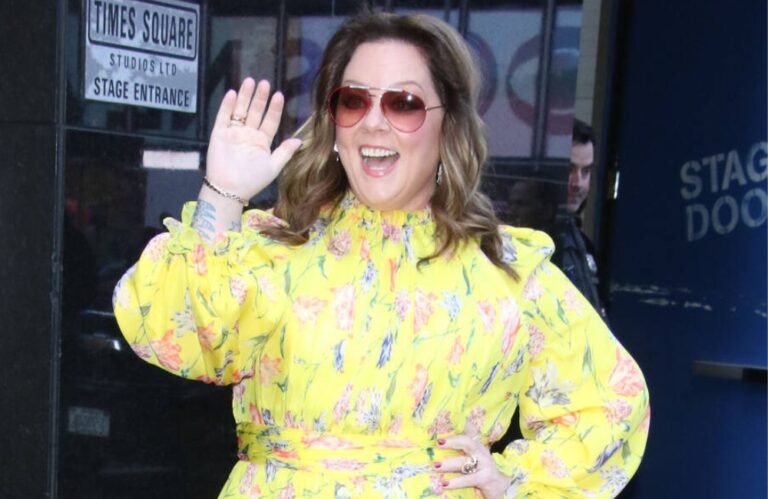Emma Thompson has shared her mental health advice and 20 tips of her own that help her cope with depression. The essay, which was published by The Sunday Times, is taken from Scarlett Curtis’s book, It’s Not OK To Be Blue (and Other Lies).
Thompson is just one of a handful of well-known names who contributed to Curtis’s book. Game of Thrones star Emilia Clarke shared an essay on dealing with anxiety while awaiting brain surgery to treat her aneurysm; while actress Lena Dunham opened up about her experience checking herself into a mental healthcare facility.
In the piece, Thompson says depression has many faces, and that while some are ‘positively demonic’ hers is ‘ironically undramatic’. She compares her own experience of depression ‘like being wrapped in a cold, wet blanket’.
Her list of 20 tips – or ‘recipes’ – as she refers to the list, was inspired by English writer, Sydney Smith. Thomson has reworked Smith’s own advice on mental health and added her own points to come up with the list featured in It’s Not OK To Be Blue (and Other Lies).
At the top of her list, Thompson’s first rule is to ‘live as enjoyably as you can within financial reason’.

Within the list, Thompson stresses the importance of spending time with good friends. “See as much as you can of the friends who like you, support you and make you laugh,” the actress suggests. “See as little as you can of the friends who judge you, compare you to others and tire you (and don’t pretend you don’t know who they are),” she adds.
Thompson suggests applying the same rules to casual acquaintances. “If your instincts tell you they are toxic, walk away and don’t look back,” she writes.
Other tips from Emma Thompson’s list include:
- “Do not under any circumstances or for any reason at any time compare yourself to anyone else.”
- “Random acts of kindness are human antidepressants.”
- “Listen to David Attenborough.”
- “Think as much as you can about space, infinity and the beyond. Anything that much bigger than you can be very relaxing.”
- “Never stay up all night watching Netflix Originals about serial killers.”
In 2010 Thompson opened up about her struggles with depression and mental health in a Radio 4 interview. She revealed that the 1995 adaptation of Jane Austen’s Sense and Sensibility kept her from ‘going under’ and helped her beat negative thought patterns such as ‘the constant “must do better”, “must try harder” plus “you’re too fat and not really a very good mother.”‘







